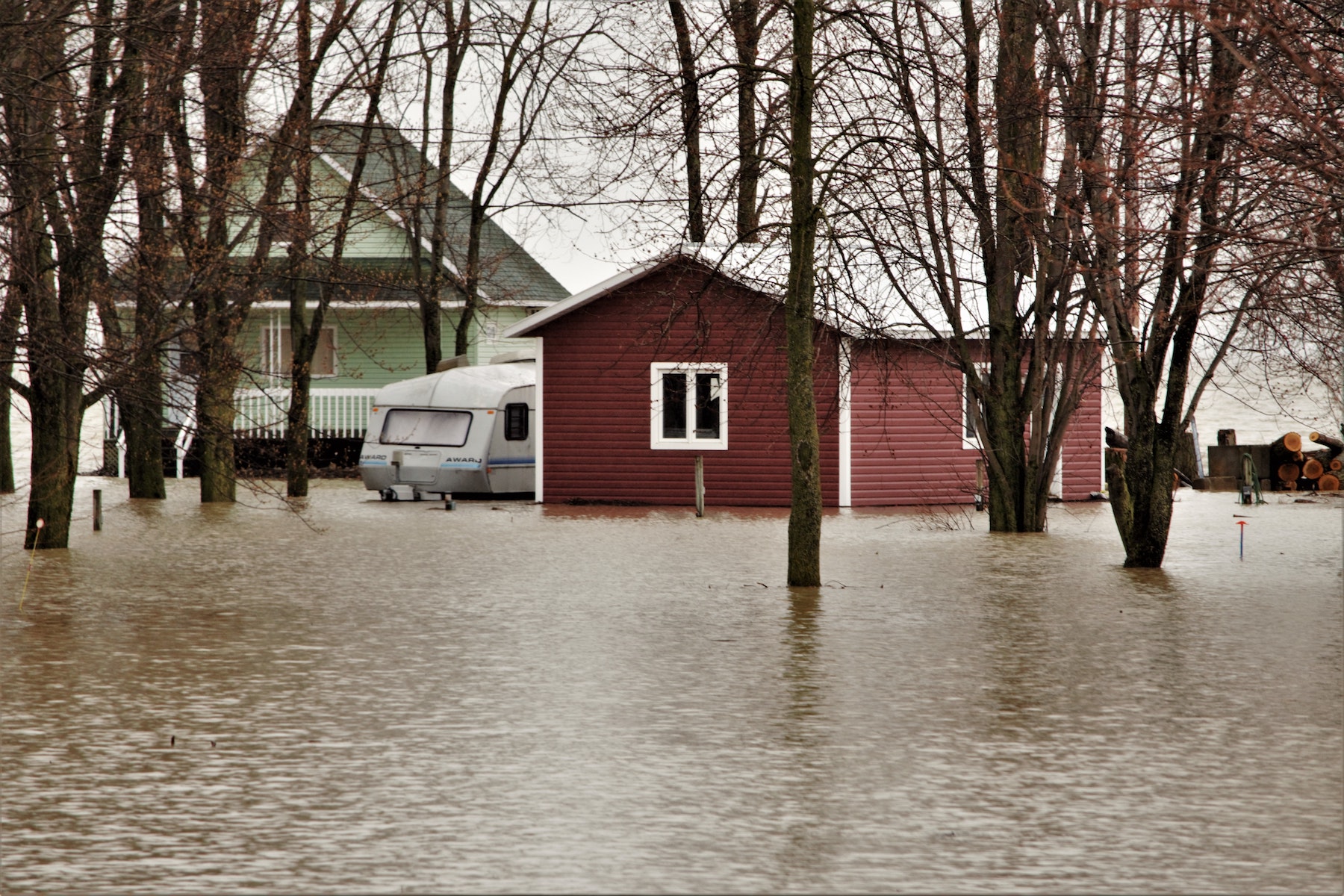The Biden administration’s proposed major overhaul to the National Flood Insurance Program, or NFIP, would drastically alter how Americans protect homes and businesses against flooding.
The administration recently announced 17 legislative proposals that would represent the biggest reform to the NFIP since the program’s inception. One change would be a nationwide disclosure law that would ensure that prospective homeowners and renters have a property’s flood history before signing a contract. Today, 21 states have no such law.
Another proposal would prevent NFIP from issuing any new insurance policies for commercial buildings no matter where they’re located or when they were built because FEMA says it wants to promote growth in the private flood insurance market. Americans hoping to build new homes on eroding beaches and other flood-prone areas would also have to look elsewhere for insurance.
Homeowners would have to go to private insurance companies, which typically charge more expensive insurance premiums. People who hold mortgages on properties that flood multiple times and require insurance payouts of at least $10,000 each time, could lose access to government insurance on their properties after the fourth claim.
The proposals must pass Congress to become law, but there is support from both sides of the political aisle with a view that the status quo is becoming financially unsustainable.
Related Stories
Codes and Standards | Aug 10, 2020
Concrete Institute and Post-Tensioning Institutes expand partnership
Will collaborate on new structural post-tensioned concrete code requirements.
Codes and Standards | Aug 6, 2020
SpeedCore demonstrates excellent fire resistance without additional fire-protective coatings
New York City approves metal-concrete product for all five boroughs.
Codes and Standards | Aug 5, 2020
Designing, redeveloping communities for zero energy needed to address climate change
District heating and cooling systems boost efficiency.
Codes and Standards | Aug 4, 2020
Virginia is the first state to adopt COVID-19 worker safety rules
Include social distancing requirements, notifications when co-worker tests positive, timelines to return to work after recovery.
Codes and Standards | Aug 3, 2020
Report aids local governments on policy options, pathways to electrify new buildings
Document focuses on switching appliances and equipment away from natural gas, propane.
Codes and Standards | Jul 30, 2020
Institute for Market Transformation acquires Energy-Efficient Codes Coalition
Goal is to achieve net-zero construction by 2050.
Codes and Standards | Jul 29, 2020
Crackdowns grow on construction firms that fail to follow COVID-19 guidelines
States, cities, and OSHA enforce social distancing, hand-washing regulations.
Codes and Standards | Jul 28, 2020
California utility adopts climate emergency declaration
Sacramento-region company commits to working towards carbon neutrality by 2030.
Codes and Standards | Jul 27, 2020
Updated Energy Plus and OpenStudio building energy modeling tools released
Software offers performance enhancements.
Codes and Standards | Jul 23, 2020
North Carolina will stop relying on FEMA flood mapping
State will identify flood zones on its own.

















